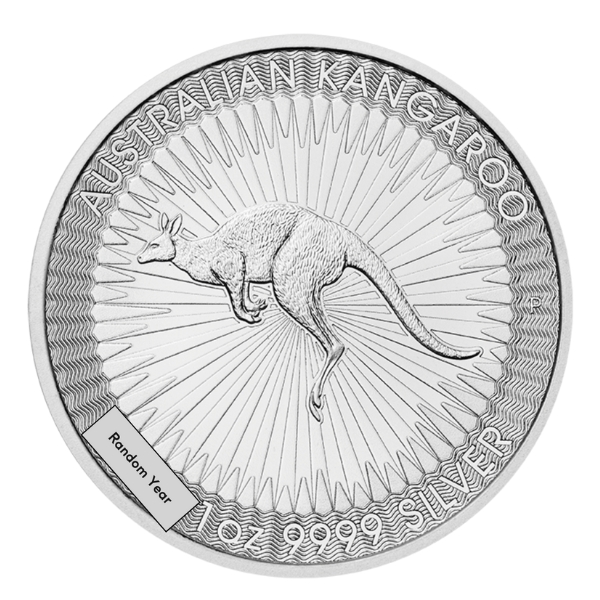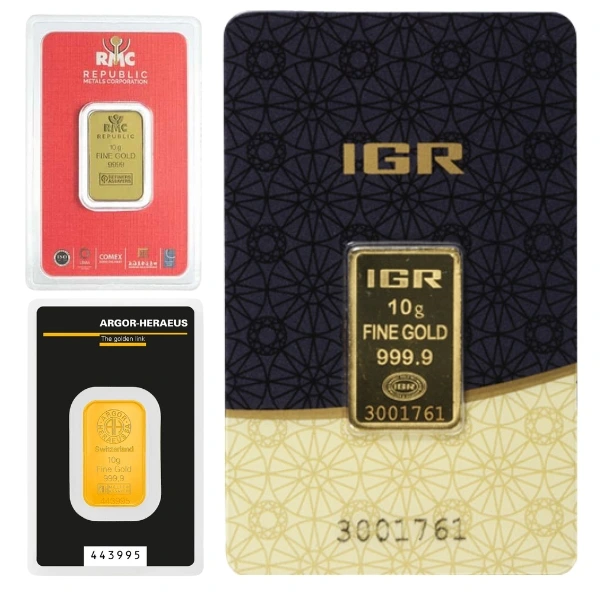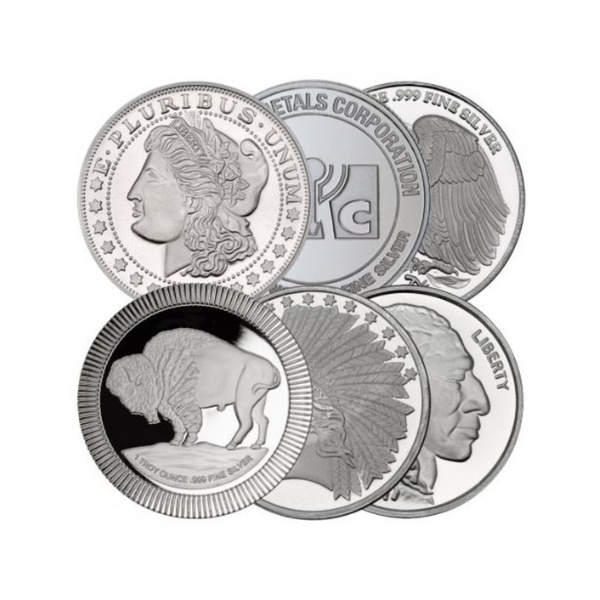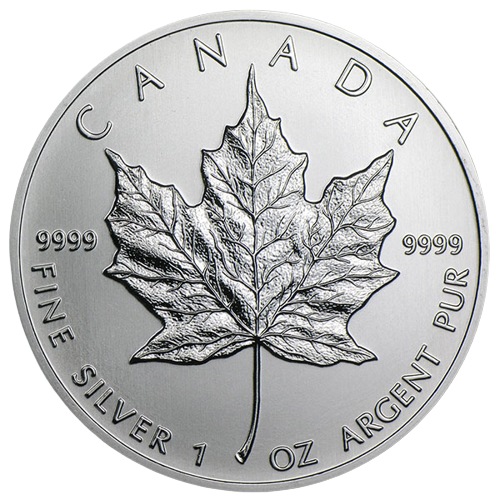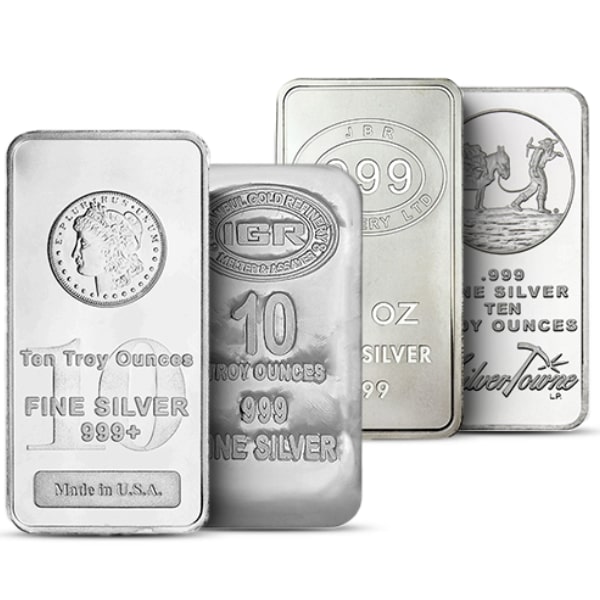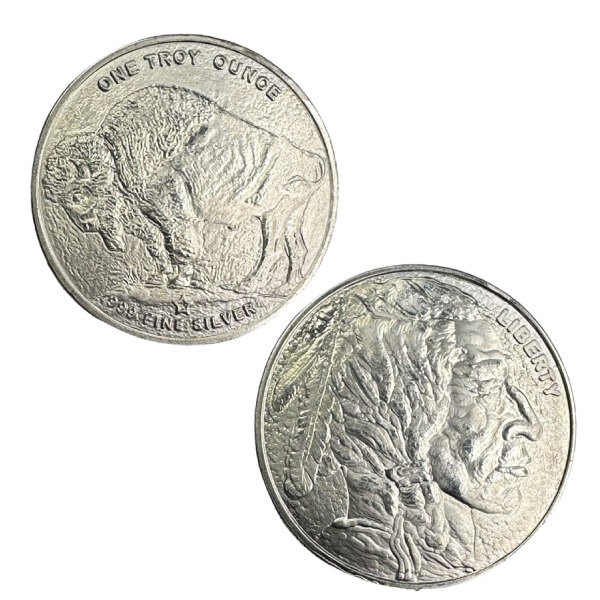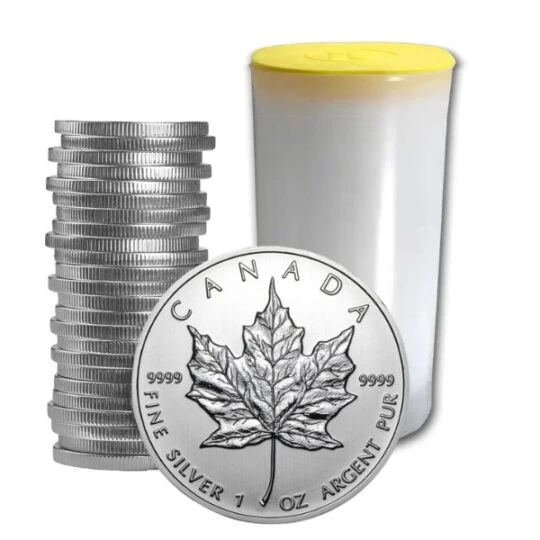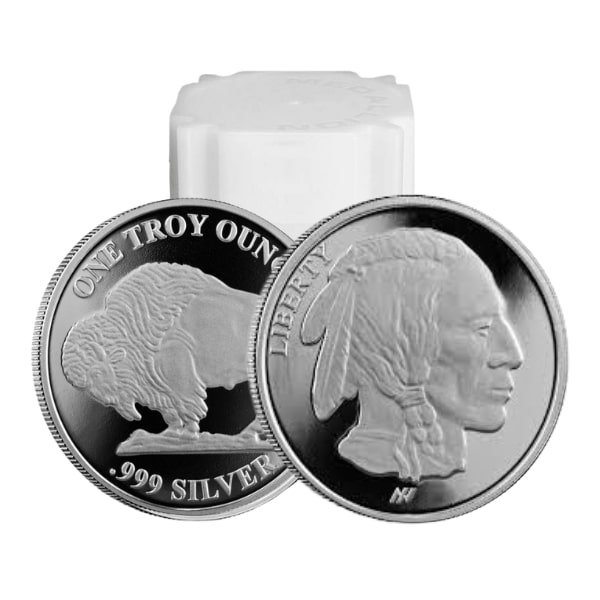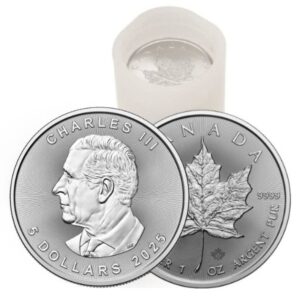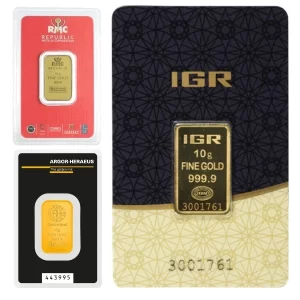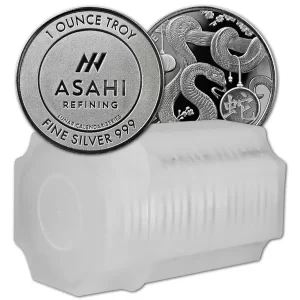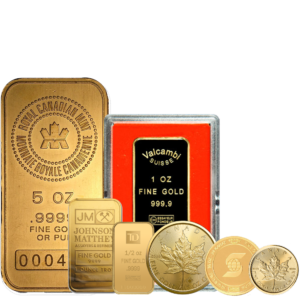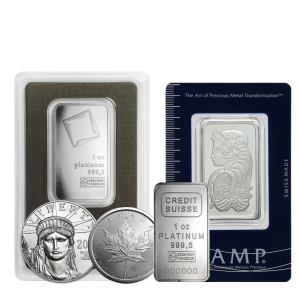Gold Prices
Since ancient times, gold has been highly sought. Gold has been a medium of exchange, a status symbol, and an indicator of economic success throughout all of human history, both documented and undocumented. This persistent price shows that gold has lasting appeal and worth. Gold is often regarded as one of the safest investments due to its rapid price recoverability in the face of economic uncertainty. Gold prices tend to rise when trust in the market is shaken because fleeing buyers seek a haven for their money.
Reasons for investment in gold
Gold is not a liquid investment market like equities or bonds. Buying gold coins or gold bullion allows you to have actual gold in your hands. The term “bullion” refers to gold that has been cast into bars and then stamped. The gold content and purity of the bar are also shown by the stamp. Bullion and coins fluctuate in value throughout the day due to market demand for their precious metal content rather than their rarity or condition. Since 1986, the U.S. Mint has been manufacturing gold coins and bullion for an investment, and certain banks, dealers, and brokerage companies also sell these products. Gold futures contracts, gold-focused exchange-traded funds (ETFs), and other conventional financial instruments are also available to investors. Investors in a gold-backed ETF are essentially buying shares in a trust that owns gold, but they do not take actual possession of the gold.
Current and Historical Prices of Gold
Investors should first consider the current market price of gold, known as the “spot price.” On the spot market, gold is typically priced per troy ounce, gram, or kilo. For reference, the spot price of gold on Monday, June 7, 2021, was $1,903.00 per ounce, $61.18 per gram, and $61,181.45 per kilo, respectively, at the close of trading
Looking back at gold prices through history reveals a tremendous increase over the 2000s. Gold ranged in price in 2008 from $720 per ounce to well over $1,000 per ounce. As a result, gold prices increased to roughly $1,895 in 2011 as a result of investor mood and demand as the economy continued to contract. Amid a global economic collapse, gold prices remained relatively stable in April 2020, having fallen from their peak over ten years earlier.
In the late 1970s, a similar event occurred. Gold’s value fell over the following 20 years after its ’70s peak, but it began to rise again about 2000. Gold prices spiked as the demand for the precious metal skyrocketed during the pandemic crisis. At the time, investors had no way of knowing whether the trend would continue or if the price would once again stagnate for a long period, so they were unable to make any informed decisions. Any gold investment would be dormant and earn no interest or dividends during this time.
What Form of Gold Is the Right Investment
There are several types of gold, and your investment plan may call for one in particular. The acquisition of gold coins or bullion is possible, but these items will need to be kept in a safe place. In other cases, this may necessitate forking over cash to a broker, bank, or other business. Gold securities are much like any other investment, except their value could fluctuate along with the stock market. An investor in a gold mining firm, for instance, may find that the stock price is a better indicator of the company’s financial health and market position than the price of gold itself. If this is used as a protection against danger, it may give you a false feeling of security.
Gold as a Hedge
Gold’s supporters argue that the commodity can be used to protect themselves from inflation. However, there is no evidence to support this claim. When a financial crisis is imminent, gold is a better bet than inflation as a means of protection. Gold prices are typically higher during times of uncertainty. However, that’s not always the case when inflation rates are high. Buying gold could be a prudent move if you fear a future economic collapse or slowdown. But if inflation is significant, it may be best to wait. You need an investment that either provides you with regular income or has a good chance of increasing in value, giving you access to the funds you need to fund your lifestyle in retirement. Both of these goals are unrealistic to achieve with gold as an investment.
 Hi,
Hi,

